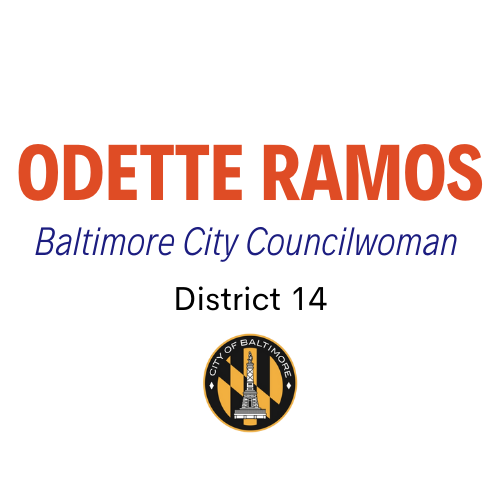Vote NO on the reduction of council districts.
In 2002 a group of residents who worked with a group called ACORN, gathered enough signature to add a charter amendment to have 14 single member council districts. Prior to that time, there were 6 districts with 3 councilmembers in them. This caused a lot of confusion as to whom to go to for assistance, and often some were not as effective, relying on one strong councilmember to do the work. ACORN and residents wanted more accountability and having single member districts allows for that accountability. The 14 single member districts have been because of a voter initiated charter amendment since 2004.
Fast forward to now, when Sinclair wants to reduce the number of council districts to 8 single member districts in the name of saving money for the city. Our surrounding jurisdictions are adding members, knowing that the work of Councilmembers is multifaceted and that the diversity of their jurisdictions is growing and changing, similar to ours.
Vote NO on reducing the number of council districts. This would double the size of our current council districts - representing 41,000 people is challenging. Representing over 80,000 people would not provide us with the opportunity to serve everyone. We would have to hire more staff to meet the needs.
Moreover, we want a City government that looks like our City. Representation matters - and our leadership should reflect the diverse nature of our population. Reducing the council districts would reduce the chances of women and people of color to be in leadership. We already only have 4 women on the City Council.
Ultimately, I spend a lot of time in the areas that need attention most in my district. Intentionally working in areas that do not use 311 or that do not trust that we’ll get the work done takes a lot of time. If our districts are doubled in size, the marginalized communities who are currently marginalized will stay that way. It is antithetical to our work to dismantle the impact of our racist housing policies that caused segregation and disinvestment.
So we’re asking you to vote no, so that you can have the representation you need and deserve.
On the Renew Baltimore side, I am glad this was taken off the ballot. Reducing the tax rate by ½ in 7 years would have devastated our city and you would not get basic services like trash pick up. We do need to lower property taxes, but we need to do it in a way that is sustainable and raises revenues to offset the reduction.
The Mayor’s Tax Credit working group is looking at all of the tax credits as a way to determine if they should be reduced or reformed in order to add more revenue to our coffers.
In addition, a 2020 21st Century Cities report shows that our vacant and abandoned properties cost us $200million a year - $100million in maintenance and $100million in lost revenues from no taxes being paid on these homes. If we can eliminate vacancy by rehabilitation and grow our city (because we know people want to move here), these numbers go down and become revenues. In addition, renters become homeowners and more people come into our city. Tackling vacant properties takes investment in community development, subsidy, and creating intentional mixed income communities. As we grow the tax base then we can start to lower the property taxes. People make decisions to move here based on a lot of factors, not just taxes.
Last, ⅓ of our land is not taxable. It is owned by our world renowned hospitals and universities, along with other nonprofits. The current payment in Lieu of taxes (PILOT) agreement with our top non-taxable land owners yield only $6million per year. The PILOT agreement must be renewed in 2026 and more analysis needs to be done to have the non-taxable land owners pay their fair share. In fact, ½ of the police and fire resources go to this ⅓ of the land - that seems to be a good way to ask them to pay for their share of those resources.
More to come, but I know we can do it.
